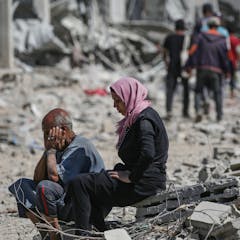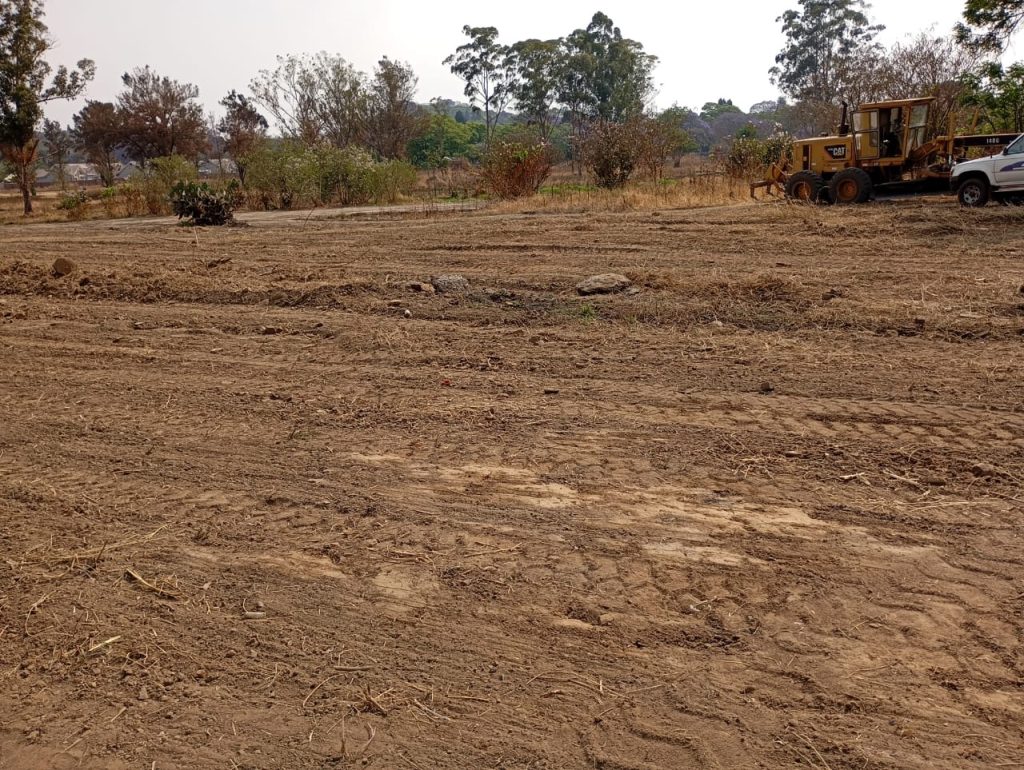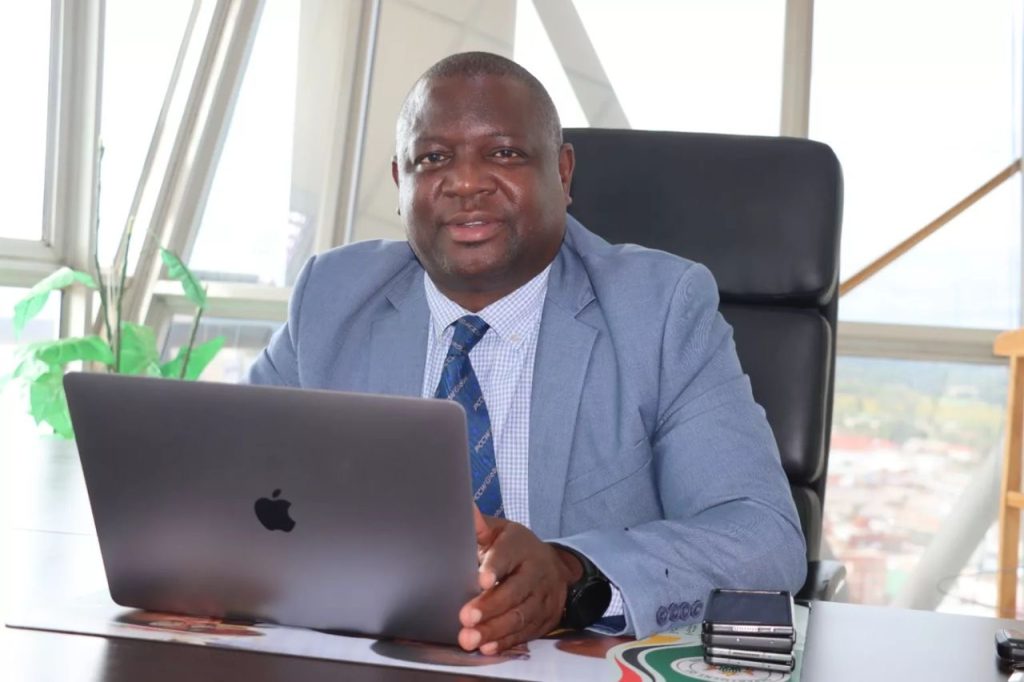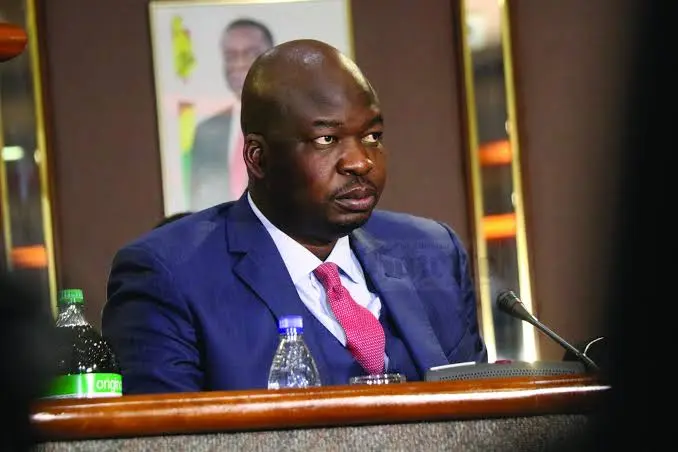By Marshall Bwanya
Harare— As Gaza braces for yet another cycle of devastation, its echoes are increasingly felt in Harare’s diplomatic circles, civic spaces, and faith-based organisations.
The war has become not just a distant tragedy but a moral test for humanity — and Zimbabweans are refusing to stay silent.
In May 2025, civic groups, diplomats, and community leaders gathered at the Embassy of Palestine in Harare to commemorate Al Nakba Day, marking 77 years since the mass displacement of Palestinians in 1948.
The event was solemn but charged with conviction.
Speakers called for global action against what they described as Israel’s apartheid and occupation policies.
Henry Bhalakazi of the Zimbabwe Palestine Solidarity Council declared, “The Nakba never ended. It continues through forced displacements, bombings, and apartheid practices.”
He highlighted the growing humanitarian catastrophe, noting that over 66,000 children in Gaza were suffering from severe malnutrition — “a genocide in plain sight.”
Bhalakazi criticised the international community’s complicity, saying, “Western governments send weapons, not food. The United Nations issues statements but takes no action.”
Vivo Chikanda from the Zimbabwe Institute of Diplomacy echoed this sentiment, urging African states to speak out. “We oppose further occupation and apartheid in Gaza. There can be no justice in the world if the people of Palestine are not free. Why should Palestine pay for the Holocaust committed by Europe?”
What Al Nakba Day Means
Al Nakba, meaning “the catastrophe” in Arabic, refers to the 1948 mass displacement of more than 700,000 Palestinians following the creation of the state of Israel. For Palestinians — and their supporters worldwide — it is not merely a historic memory but an ongoing reality of dispossession, occupation, and resistance.
In Harare, the commemoration drew together human rights advocates and diplomats, who said the continuing siege of Gaza represented a modern extension of that catastrophe.
Palestine Ambassador to Zimbabwe, Dr Tamer Almasri, in his address, condemned the ongoing bombardment and mass killings in Gaza, warning that silence amounts to complicity.
“The international community’s deafening silence in the face of such atrocities is unacceptable,” he said. “We demand immediate action to put an end to Israel’s brutal aggression in the Gaza Strip.”
He added, “These egregious daily martyrs’ toll, coupled with the systematic destruction of entire neighborhoods and the targeting of Palestinians solely due to their nationality, underscores a campaign of genocide and crimes against humanity. What is unfolding is not merely a war, but a systematic extermination aimed at an entire people.”
His words, delivered before a room filled with diplomats and activists, captured the spirit of the gathering — anger tempered by grief, solidarity expressed through defiance.
The Unfolding Tragedy in Gaza
By June 2025, the United Nations reported more than 67,000 Palestinians killed since the onset of Israel’s intensified offensive — nearly one-third of them children.
Hospitals, schools, water systems, and entire neighbourhoods were left in ruins.
Each statistic masks a story: a child like Ahmed, who lost his mother and two siblings in a strike and now wanders Gaza’s ruins clutching a torn photograph. “I remember her stories,” he whispers, “but I cannot see her anymore.”
Women carry another layer of the burden — as mothers, survivors, and chroniclers of war. Reporters like Shrouq Aila continue to tell Gaza’s story amid hunger, displacement, and bombardment, writing from hospitals and bombed neighbourhoods even after losing their own homes.
Aila, once weighing just 47 kilograms due to malnutrition, represents resilience personified — one woman’s refusal to let truth be buried beneath rubble.
Voices Silenced, Stories Buried
By early September, the Gaza Government Media Office confirmed that 254 journalists had been killed since the start of the war. On 2 September 2025, another 105 Palestinians, including reporters and children, perished during a night of air raids over Gaza City.
The targeting of journalists drew outrage across media unions and human rights circles in Zimbabwe, where journalists compared it to the silencing of truth under colonial rule.
For Palestine Ambassador Dr Almasri, the killings symbolise the systematic attempt to erase Palestinian identity itself.
“This is not merely conflict,” he said.
“It is the deliberate extermination of a people — the destruction of memory, culture, and life itself.”
The West Bank Annexation Crisis
As Gaza bled, new tensions flared in August 2025, when Israel’s cabinet, led by Prime Minister Benjamin Netanyahu’s Likud party, announced plans to annex parts of the West Bank before the Knesset recess.
In a second statement released from Harare, Ambassador Almasri described the move as an escalation of Israel’s “all-out genocidal war.”
“Should this annexation proceed,” he warned, “Israel would unilaterally assert sovereignty over vast swathes of Palestinian territory, solidifying control over illegal settlements.
This represents a dangerous attempt to entrench the occupation and destroy the identity and heritage of the Palestinian State.”
He said such acts violate international law and risk legitimising the ongoing displacement of Palestinians.
“Over the decades, Israel has pursued annexation through land confiscations and illegal colonies housing over 750,000 settlers. Failure to stop this will render the international community complicit,” he said.
His remarks resonated strongly among Zimbabwean civic leaders, many of whom likened the West Bank’s occupation to the country’s own colonial land seizures before independence.
Calls for Justice and a Ceasefire
By mid-September, as global outrage intensified, the UN General Assembly adopted the New York Declaration, calling for an immediate ceasefire and renewed efforts toward a two-state solution.
In Harare, solidarity groups held candlelight vigils, waving both Zimbabwean and Palestinian flags, their chants echoing through the city’s diplomatic quarter.
At one vigil, Vivo Chikanda said, “This is not about borders; it is about conscience. As Zimbabweans, we understand occupation. We understand what it means to be dehumanised. That is why we stand with Palestine.”
Beyond Borders, Beyond Silence
From the rubble of Gaza to the embassies of Harare, one message rings clear: silence is complicity.
Zimbabwe’s growing chorus of solidarity — from civic movements to diplomats — mirrors a universal truth: that the fight for dignity is never confined to one geography.
In the words of Ambassador Almasri, the war on Gaza is “not merely political — it is moral.”
As he put it, “When the world allows the extermination of a people to unfold in real time, it loses not only its conscience but its humanity.”



